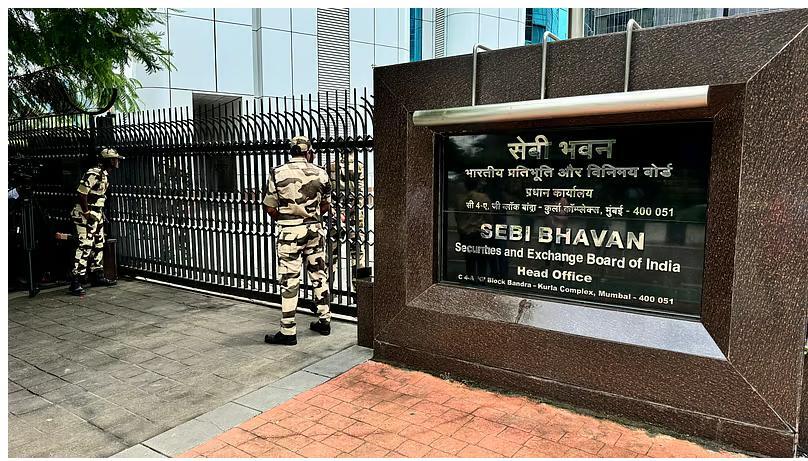
SEBI May Discuss Suitability Test for Retail F&O Investors: Report
The Securities and Exchange Board of India (SEBI) is considering a proposal to introduce a suitability test for retail investors trading in futures and options (F&O) markets. According to a report by NDTV Profit, SEBI’s Secondary Market Advisory Committee may discuss this proposal, which aims to assess the knowledge and financial capacity of retail F&O investors.
The goal of this exercise is to ensure that only eligible traders engage in F&O trading, thereby curbing excessive volumes and protecting investors. This move is part of SEBI’s broader efforts to improve market standards and safeguard investors’ interests.
The suitability test would require retail F&O investors to demonstrate their understanding of derivatives trading, risk management, and financial capabilities. This would help SEBI identify investors who may not have the necessary expertise or resources to participate in F&O markets, thereby reducing the risk of financial losses and market instability.
The proposal to introduce a suitability test for retail F&O investors comes at a time when the Indian stock market has been witnessing increased participation from retail investors. The rise of online trading platforms and mobile applications has made it easier for individuals to trade in F&O markets, leading to a surge in volumes and trading activity.
However, this increased participation has also led to concerns about market volatility and investor protection. The introduction of a suitability test would help SEBI address these concerns by ensuring that only investors who are equipped to manage the risks associated with F&O trading participate in the market.
The suitability test would likely involve a combination of online and offline assessments. Retail F&O investors would need to complete a comprehensive questionnaire that tests their knowledge of derivatives trading, risk management, and financial markets. They would also need to provide evidence of their financial capacity, including their income, net worth, and other financial assets.
SEBI would use the results of the suitability test to categorize retail F&O investors into different risk categories. Investors who pass the test would be deemed eligible to trade in F&O markets, while those who fail would be required to undergo additional training or counseling to improve their knowledge and skills.
The introduction of a suitability test would have several benefits for the Indian stock market. Firstly, it would help reduce market volatility by limiting the participation of investors who may not have the necessary expertise or resources to manage the risks associated with F&O trading.
Secondly, it would help protect investors’ interests by ensuring that they have a basic understanding of derivatives trading and risk management. This would reduce the likelihood of investors making uninformed decisions or taking excessive risks, which could lead to financial losses.
Thirdly, the suitability test would help improve market standards by encouraging retail F&O investors to adopt a more disciplined and informed approach to trading. This would lead to a more stable and efficient market, which would benefit all investors, including institutional investors and market participants.
In conclusion, the proposal to introduce a suitability test for retail F&O investors is a welcome move by SEBI. It would help protect investors’ interests, improve market standards, and reduce market volatility. As the Indian stock market continues to grow and evolve, it is essential that SEBI takes steps to ensure that retail investors are equipped to participate in F&O markets in a responsible and informed manner.





